Table of Contents[Hide][Show]
There are a variety of skincare regimens that cater to every skin type. Whether it’s 3-step, 10-step, or more, using a serum is typically included in a multi-step skincare routine.
Why we use serums
The concentrated doses of specific ingredients allow serums to target the problem we wish to improve. Serums are often viewed as the “holy grail” of skincare products, giving its users the gift of achieving and maintaining healthier looking skin.
Despite the positives that come along with using serums, there are also negatives. Negatives that can adversely affect your skin’s overall health and appearance. One of the more noticeable changes is prematurely aging skin.

embrace aging—but don’t speed it up.
In my opinion, seeing the physical transformations that come with age is a beautifully spiritual experience. I love the changes I see in my face. It’s in those changes I see my mother, and the other women in my family who came before me. My skincare routine is my way of showing “skin appreciation” through health preservation practices. It’s not about going back in time.
However, I’m in no hurry to expedite the aging process. Unfortunately, some serums do just that—prematurely age our skin. Below I have 5 reasons your facial serum could be working against you and your efforts to preserve your skin.
1.Ingredients
When purchasing a facial serum, we typically have an idea of the area we’d like to target for improvement. We often place our focus on the effectiveness of a specific set of ingredients for the chosen target area. This acquired “tunnel vision” can sometimes prevent us from recognizing the overall impact of the combination of all of the serum’s ingredients on our skin.
What to look for
SD Alcohol 3-A, SD Alcohol 30, SD Alcohol 39, SD Alcohol 39-B, SD Alcohol 39-C, SD Alcohol 40, SD Alcohol 40-B, and SD Alcohol 40-C, along with the denaturants, Quassin, Brucine Sulfate/Brucine, and Denatonium Benzoate are all Denat. Alcohol and (SD) specifically denatured alcohols that are labeled “safe” for use in cosmetics.
Often times, these alcohol based products are advertised as easy fixes for oily or acne-prone skin.
alcohol, your serum and aging
Being labeled as safe doesn’t not mean long term use is good for your skin. Depending on your skin type and frequency of use, these alcohols can cause skin dryness, dulling the skin and accentuating the appearance of fine lines and wrinkles.
In some cases, these ingredients may not affect you. But, if you are prone to skin dryness or have skin sensitivities, being mindful of your serum’s alcohol content is a good idea.
2. Skin Type & Skin Conditions
Choosing the correct serum for your skin type, or skin condition is important. For instance, if you are a person with dry skin, a humectant rich serum may be beneficial. Or, if you are managing a skin condition, using a serum that won’t further compromise your skin’s integrity is very necessary.
It’s a good idea to sample products not just for the targeted problem area, but for its overall effect on all of your skin. Treating one issue might inhibit the health of other areas. Paying attention to our skin’s response to varied product combinations will guide us in the right direction.
If you don’t currently use a vitamin C serum and are interested in incorporating one, consider starting out with this simple DIY vitamin C serum recipe found on our blog.
Pay attention to what your skin is telling you
Although more research is needed, there are cases of tachyphylaxis with the use of certain skin products. If you are unfamiliar with the term, tachyphylaxis is a decrease in response to a drug or chemical introduced to the body, causing a change in tolerance levels.
Similarly, the skin can plateau with the long term use of certain products. If you notice your skin is no longer reacting positively to the use of a certain serum, a change is likely necessary.
3. Product Interactions
This is a topic I often fail to consider when purchasing my favorite makeup or face moisturizer that will be paired with my serum. I often follow the idea of “if the products are made for use on my face, they are okay to use together.”This statement isn’t always true, especially when using serums.
I realized it is necessary to consider the combination of facial products I use, in the same way a pharmacist views using more than one medication at a time. The interaction between certain product ingredients with your serum, may reduce the serum’s effectiveness. It could even reverse its intended effect.
the vitamin c effect
Vitamin C is considered a superior skin antioxidant for healthier looking skin. Ongoing research and clinical trials have shown positive effects on the skin’s appearance, based on the samples collected. However, clinical trials have also shown a decrease in collagen production when vitamin C interacts with phosphates and other metals typically found in cosmetics and sunblock.
More studies are necessary to make these findings more conclusive, but this is an area of study we can monitor ourselves. Paying attention to our skin’s response to varied product combinations will guide us in the right direction.
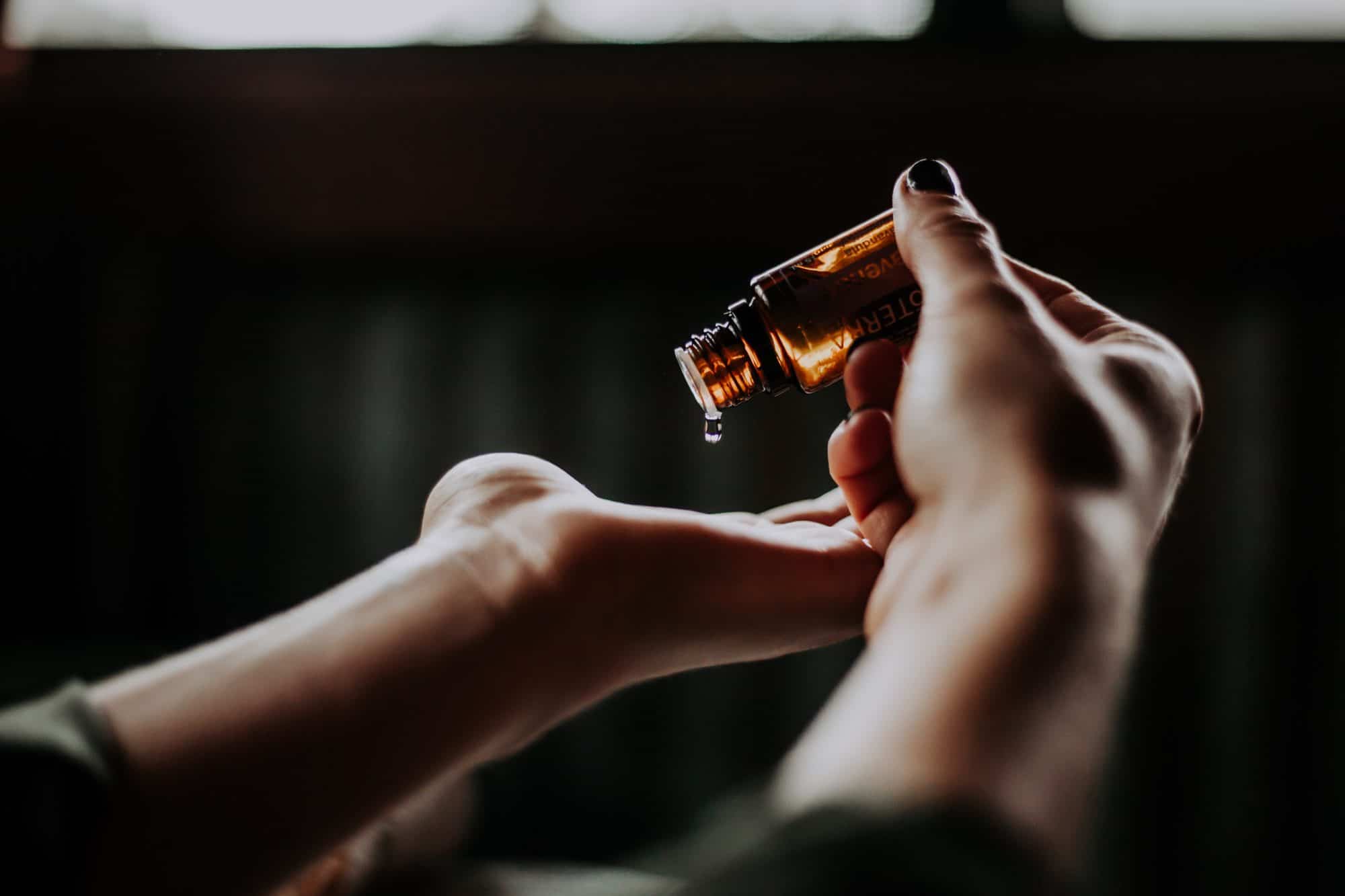
4. The Best Time to Use Your Serum
Day or night? This is a very common question when it comes to face products. Time of use can either determine how soon, or if you will see results at all.
Potential for UV damage
For example, serums containing alpha and beta hydroxy acids have been found to work best if used at night. They typically are used as an exfoliate to remove the top layer of dead skin cells.
This leaves the skin more susceptible to the sun’s damaging UV rays when used during the day. And as you know, UV damage is a major culprit when it comes to aging skin.
Vitamin A is another ingredient that can have a similar effect on the skin if not used at night. Always pay close attention to ingredients and use your serum as directed.
5. Don’t Forget to Moisturize
Depending on your skin type and the serum’s ingredients, the use of additional moisturizers and creams may not be necessary. But for those that do, additional moisture is needed because their ingredients may dry your skin.
The serum can do the work of targeting the skin concern, and the moisturizer can create a protective barrier. Properly hydrating our skin is extremely important in relation to our skin’s health and appearance.
take in account your full skin care picture
The moral of the story is to consider all of the pieces of your skincare puzzle – the serum’s ingredients, the combination of all of the products you are using, and most importantly your skin’s response. As always, do your own research and decide what is best for you.
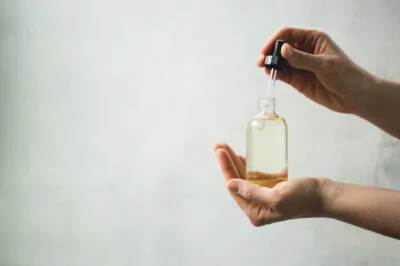
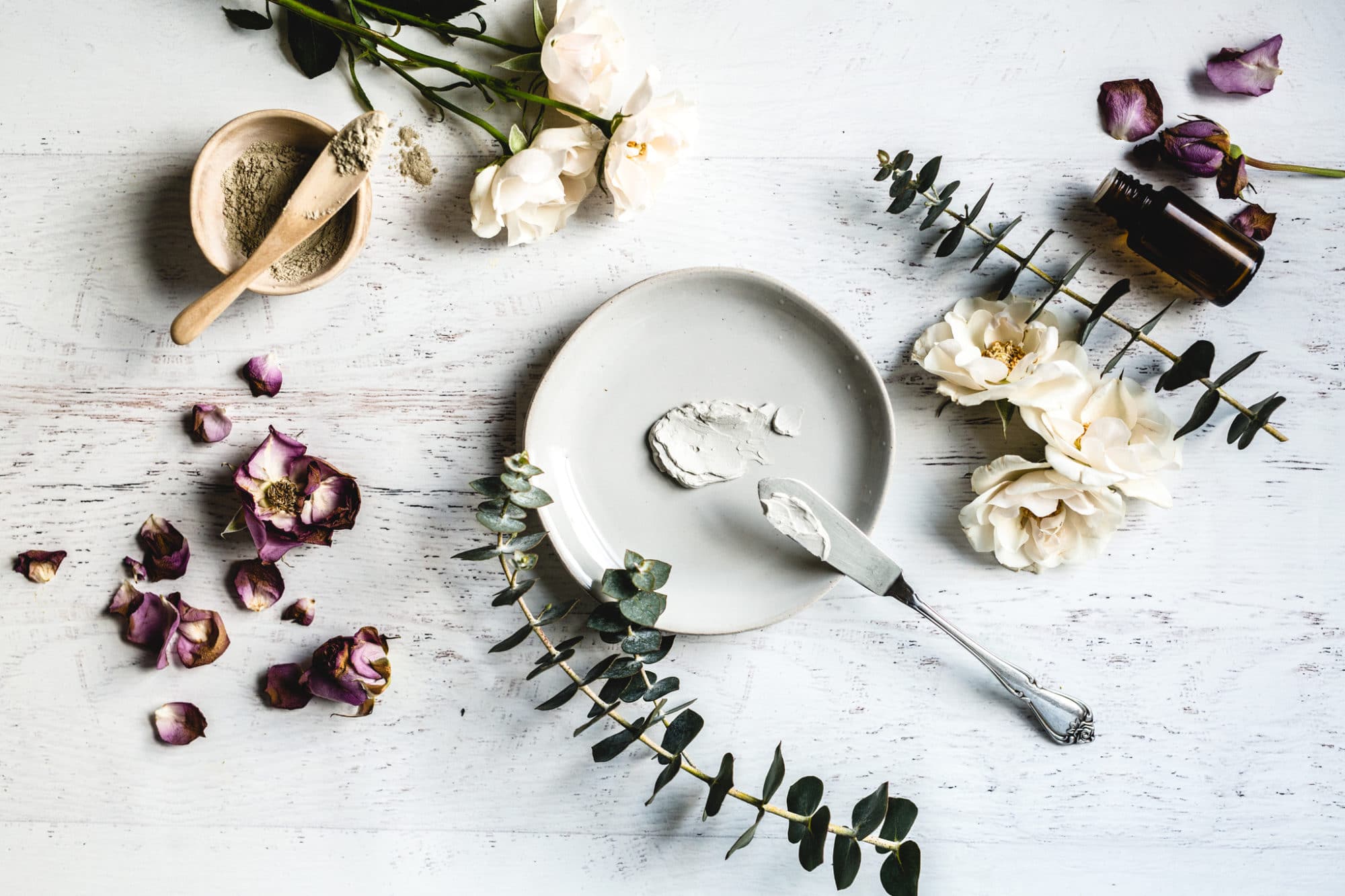


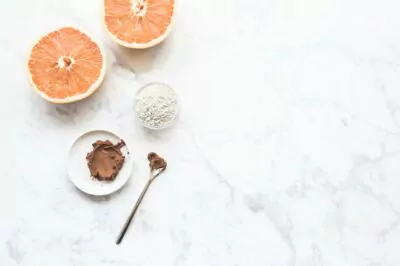
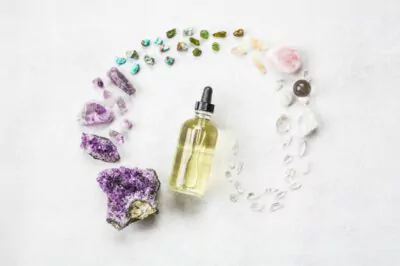



How do you choose a serum most tailored to your skin? Are there any ingredients you avoid? Share your experience in the comments below with our serum skin care!